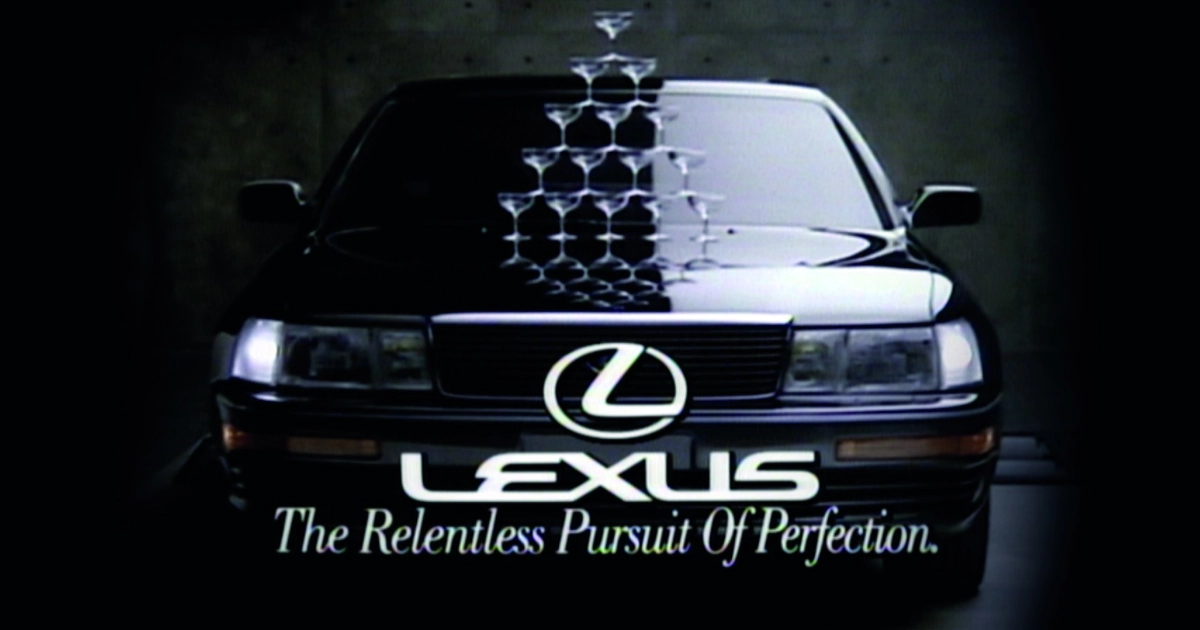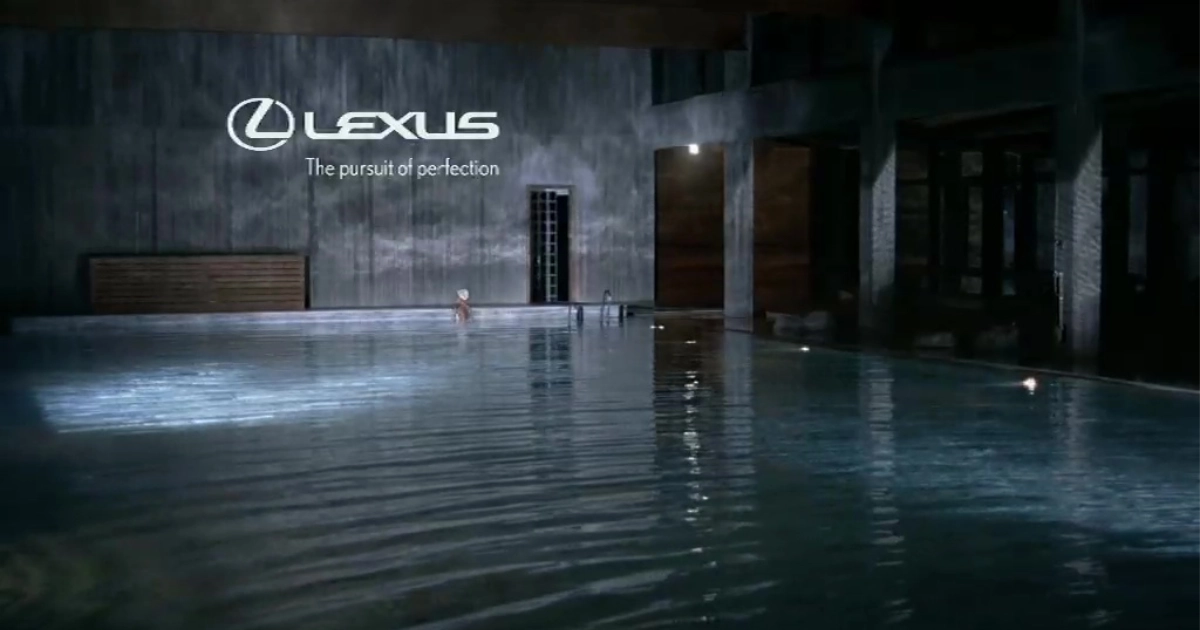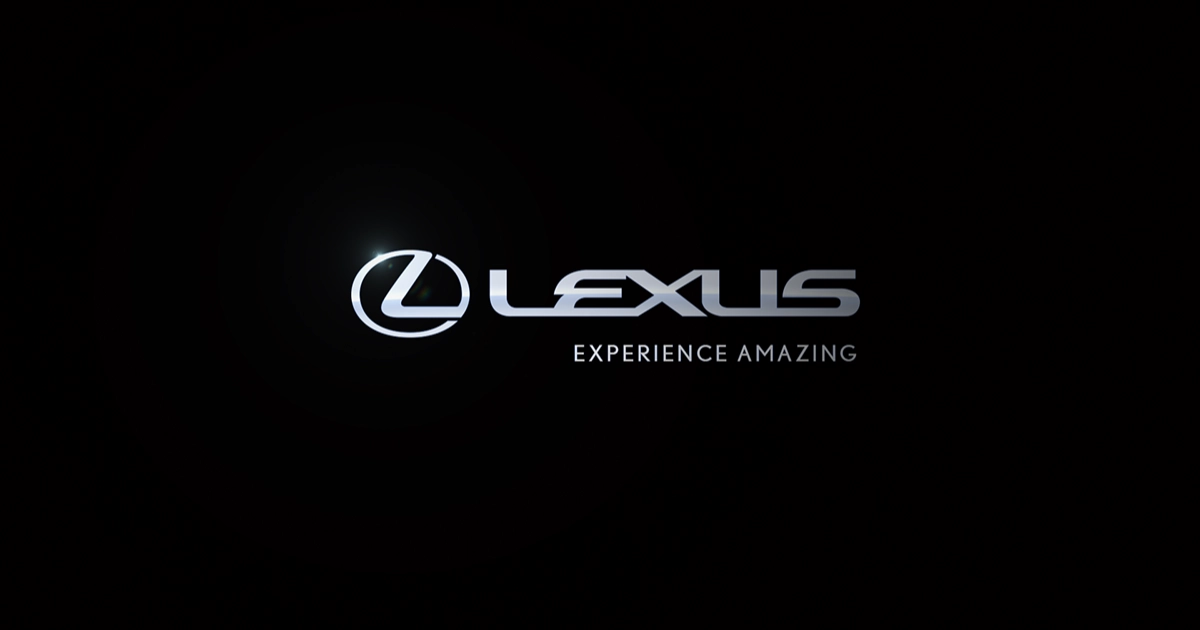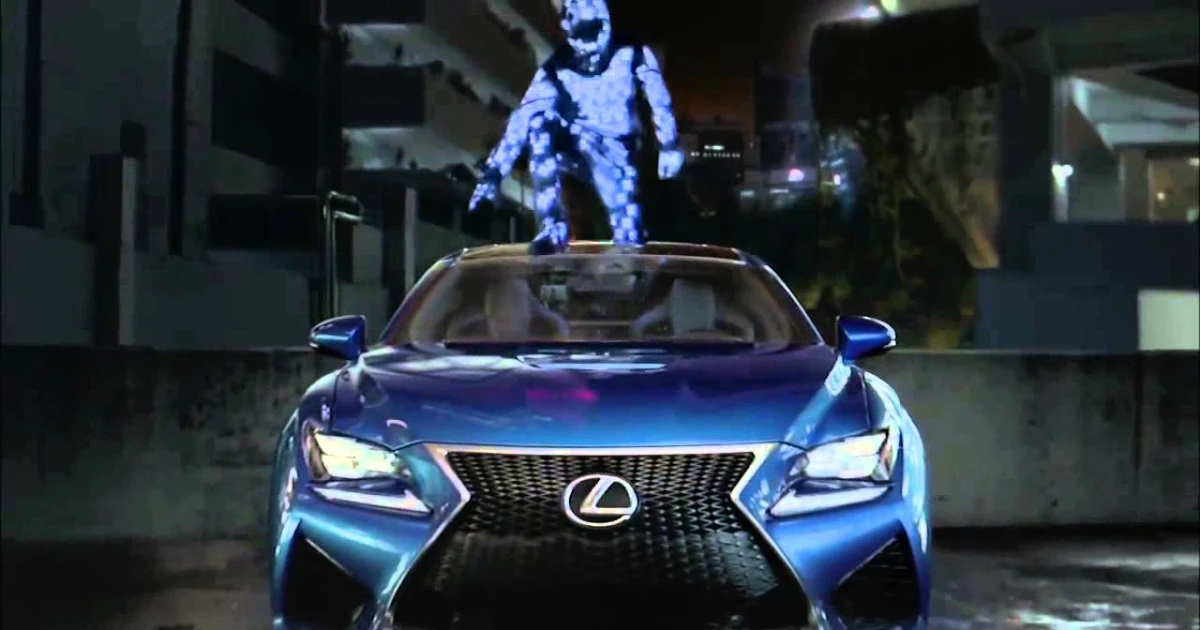.webp)
© History Oasis

1989-2005
The original war cry.
When Lexus launched in 1989, this car slogan captured what Team One representatives saw in Japan: engineers obsessing over door locks for months. Toyota spent $1 billion developing the LS 400 to destroy Mercedes-Benz's luxury monopoly.
At press events, they balanced champagne glasses on running engines at full throttle. Not one drop spilled. Mercedes executives bought LS 400s, shipped them to Germany, tore them apart, and couldn't figure out how Toyota built them so precisely at half the price.
The slogan captured real behavior. Lexus recalled 8,000 vehicles over a faulty cup holder. They flew technicians to owners' homes for repairs. This was obsessive Japanese manufacturing translated into three English words.
"Relentless" meant unceasing, unyielding, incapable of accepting imperfection. The word choice mattered. It suggested aggression, intensity, and refusal to stop.
The project was code-named "Circle F" (Flagship). The internal motto: "Beat Mercedes or die trying."

2005-2012
One word changed the brand.
By 2005, Lexus faced a paradox: consumers respected them but felt nothing. The cars were flawless, clinical, and sterile. Too perfect. Research showed people wanted emotion beyond admiration for build quality.
Lexus replaced "Relentless" with "Passionate." The move granted them permission to build cars with personality instead of just precision.
This era produced the IS-F: 416 horsepower, rear-wheel drive, capable of controlled drifts. Then came the LFA supercar—$375,000, carbon-fiber chassis, V10 engine tuned by Yamaha to scream at 9,000 RPM. The exhaust note was engineered for emotional impact. Production: 500 units. Toyota lost roughly $200,000 per car.
The LFA proved Lexus could create objects of desire, not just reliable appliances. "Passionate" signaled this shift.

2012-2013
In 2012, both modifiers disappeared. Just "The Pursuit of Perfection." The new slogan was stripped, simplified, and shortened for commercials where voiceover time mattered.
It lacked the aggressive edge of "relentless" and the emotional warmth of "passionate." A compromise that satisfied neither direction.
The tagline was short-lived for good reason.

2013-Present
This phrase replaced "The Pursuit of Perfection" around 2013, marking a fundamental shift in strategy.
Lexus research revealed something interesting: when every luxury car offers heated seats, adaptive cruise control, and flawless build quality, specifications don't differentiate brands. Emotion does.
The launch campaign, "Amazing in Motion," featured LED-lit quadcopters flying in synchronized formations. At launch, the first ad had 13 million YouTube views. Key detail: Lexus built those drones. Real machines, real choreography, no CGI.
The slogan aimed for lifestyle positioning. The campaign wanted people to know that Lexus ownership transcends transportation to become an experience. It accompanied the brand's expansion into design partnerships, fashion collaborations, and cultural events.
Critics argue correctly that "Experience Amazing" lacked specificity. It could sell theme parks, craft beer, or shoe inserts. Where "Relentless Pursuit of Perfection" was sharp and distinctive, "Experience Amazing" feels generic, corporate-approved.
The new tagline appeared during Super Bowl LI in 2017. Yet "The Relentless Pursuit of Perfection" still appears in some contexts. Lexus hasn't completely abandoned its original identity.

"Amazing in Motion" functions as a sub-campaign theme rather than a primary slogan, emphasizing movement and innovation over pure engineering.
"Leading the Way" appeared in UK markets around 2006, positioning Lexus as forward-thinking rather than tradition-bound. It failed. European sales remained weak. Germans view Japanese luxury cars like the French view California wine—technically competent, lacking soul. Mercedes has built cars since 1886. Lexus since 1989. That century matters.
"The Art of Luxury" ran in select European markets, partnering with designers and artists to suggest cultural sophistication. Results: marginal.
"Different Beats Better" emerged around 2018 primarily in Australia and Asian markets, embracing Lexus's polarizing design—the massive spindle grilles that look like predatory insects. The message: being distinctive matters more than incremental improvements. This worked: the RX crossover with the most controversial grille became America's best-selling luxury vehicle in its segment.
"Born On The Track. Unleashed On The Street." promoted F-series performance vehicles competing against Mercedes-AMG and BMW M divisions.
"Two Models. One Indelible Impression." appeared in specific model launch campaigns.
"A Supercar In Every Sense." marketed the LFA exclusively.